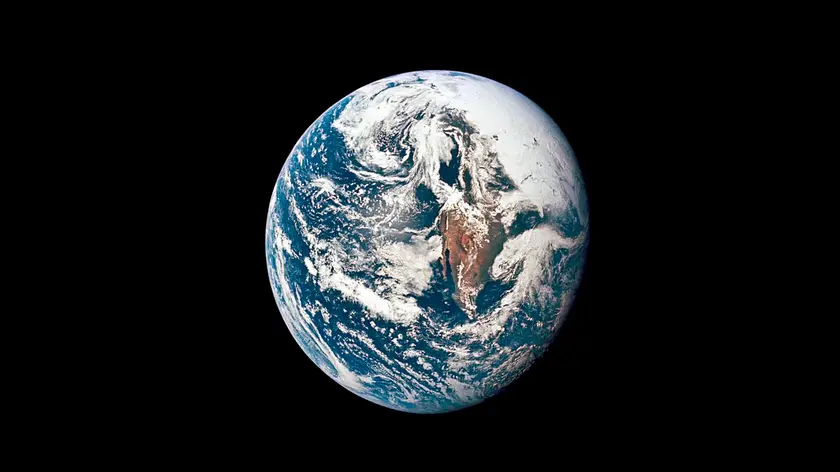T4K3.news
Earth loses 1.33 milliseconds in rotation on August 5
Earth will rotate faster than usual, affecting GPS accuracy and our understanding of time.

Recent measurements show Earth completing a rotation 1.33 milliseconds earlier on August 5, 2025.
Earth Spins Faster in August
On August 5, 2025, Earth will rotate 1.33 milliseconds faster than usual, marking one of the shortest days of the year at 86,399.99867 seconds. This phenomenon can be attributed to various factors such as atmospheric winds, ocean fluid dynamics, and the Moon's gravitational influence. Since the 1970s, atomic clocks have allowed us to measure these minuscule variations accurately. For instance, a deviation of just 1.33 milliseconds can lead to a GPS positioning error of about 62 centimeters. As climate change progresses and polar ice caps melt, Earth's rotation continues to slow, though recent observations suggest a new trend of increased speed due to internal angular momentum shifts. Understanding these changes is critical, as they affect everything from GPS accuracy to our definition of a day.
Key Takeaways
"Recent measurements show that Earth is spinning faster than expected."
This highlights the need for precise timekeeping in navigation.
"The melting polar ice caps contribute to subtle shifts in rotation."
Climate change is reshaping Earth's movements, impacting daily life.
"Atmospheric winds are the biggest influence on the length of each day."
Understanding wind patterns can enhance our knowledge of Earth’s spin.
"A 1.33 millisecond shift may seem small but can lead to significant GPS errors."
This shows how even tiny changes can disrupt technological accuracy.
The recent observation that Earth is spinning faster is intriguing and raises questions about our understanding of time and planetary dynamics. As both natural forces and human activities influence Earth's rotation, this highlights the interconnectivity of climate patterns, geological changes, and our technological systems. Ultimately, how we adapt to these smaller fluctuations may greatly influence applications in navigation and various scientific fields. The gravitational dance between Earth and the Moon is an age-old one, yet as our planet changes, so too must our approaches to understanding its behavior in a modern context.
Highlights
- Just a millisecond, yet profound implications for GPS accuracy.
- Fast days and slow changes reveal Earth's secrets.
- Earth’s spin tells us more than just the time of day.
- A dance with the Moon reveals Earth's hidden rhythms.
Sensitive Changes in Earth's Rotation
The faster rotation introduces challenges for GPS accuracy and timekeeping, which are vital for numerous technological systems.
As Earth continues to spin faster, humanity must navigate the implications of these scientific revelations.
Enjoyed this? Let your friends know!
Related News
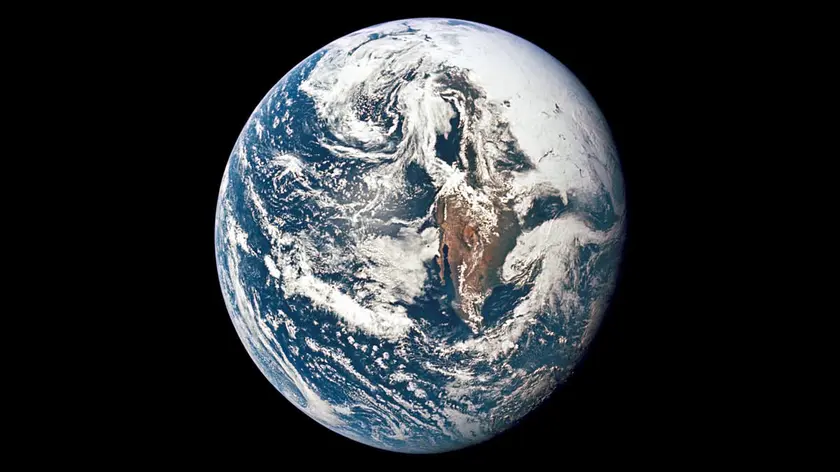
Earth's rotation speeds up again

Earth's Rotation Fast Track Could Change Day Lengths

Earth's Rotation Increases, Shortening Days
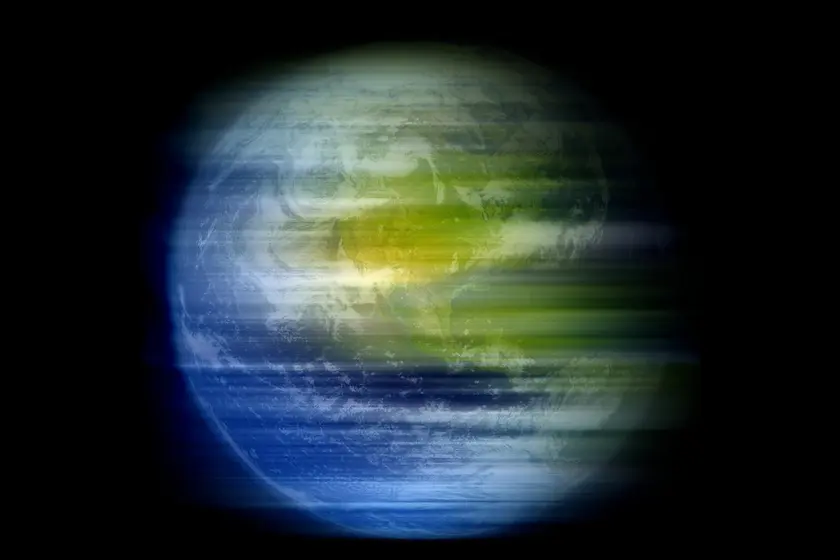
Earth may experience one of its shortest days
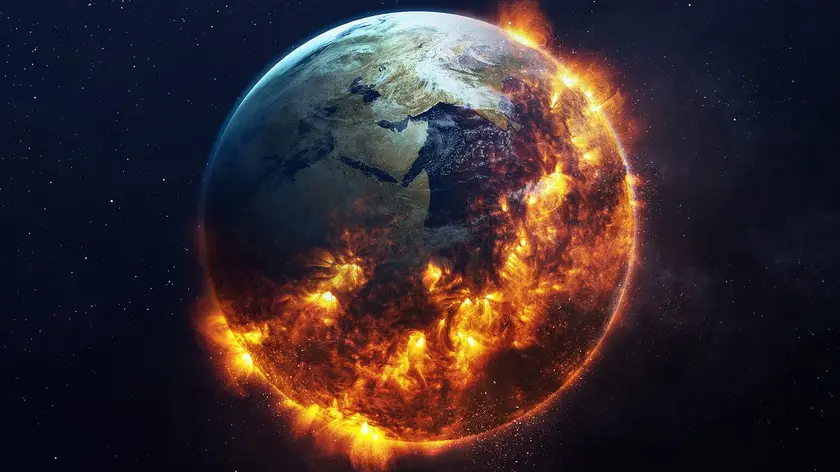
Scientists warn of disaster from Earth's spinning speed increase
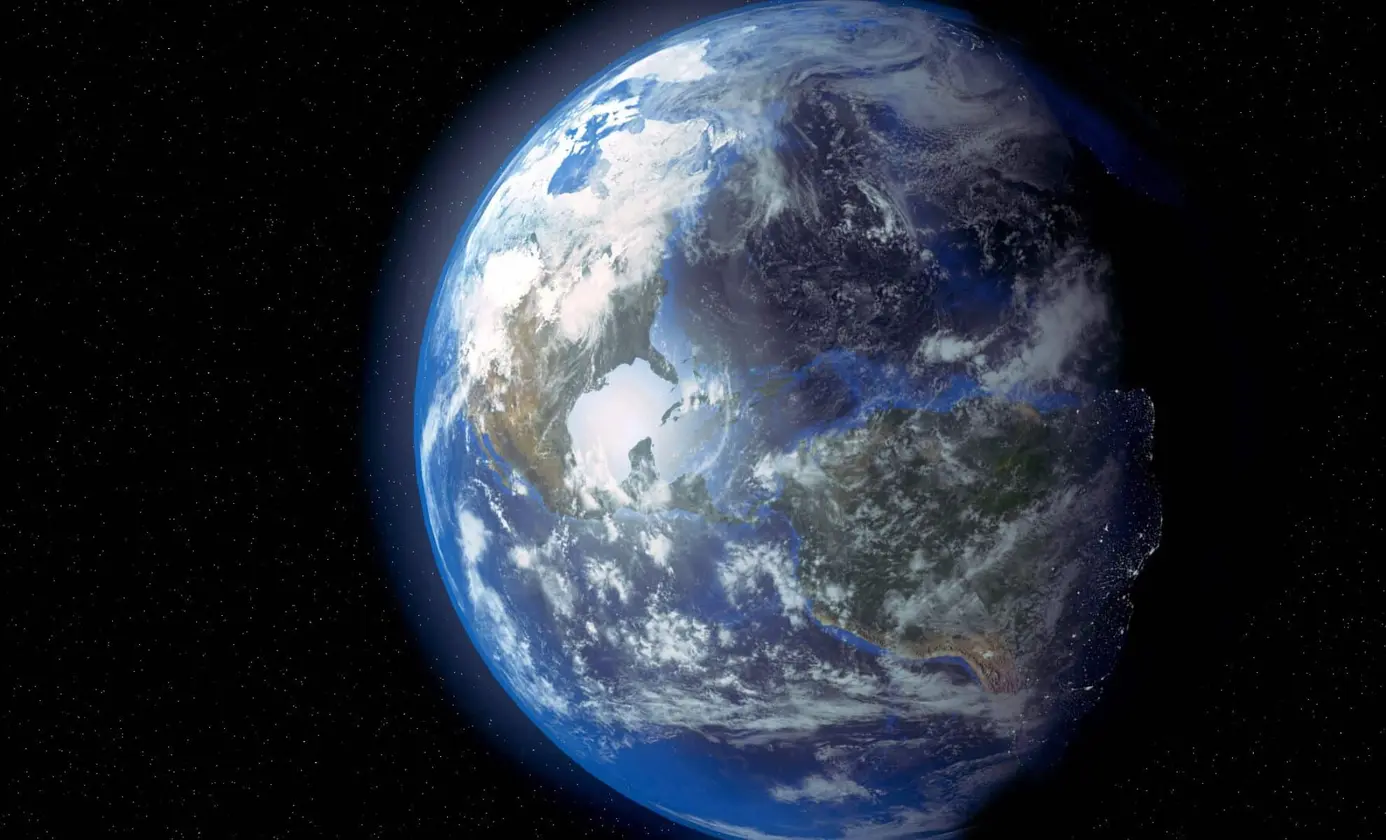
Scientists warn of disruptions from Earth's faster rotation
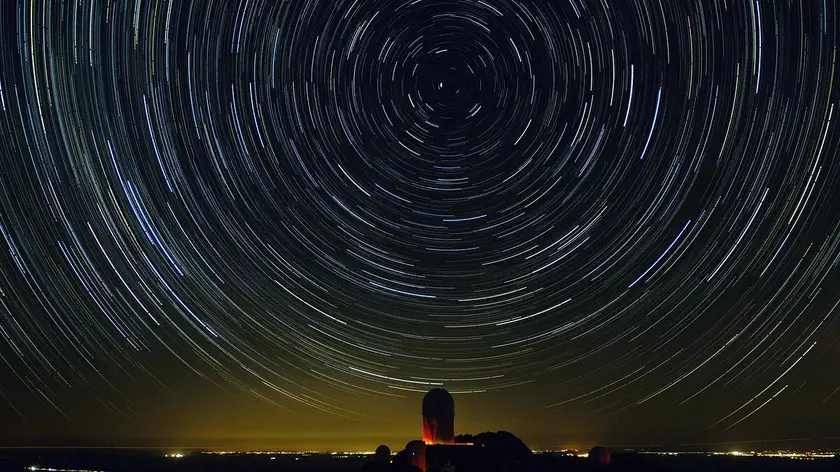
Earth's rotation experiences troubling acceleration
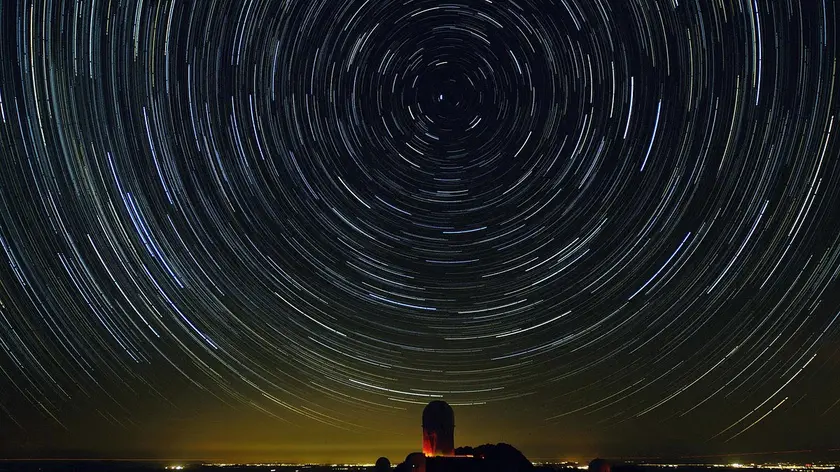
Shortest day recorded tomorrow as Earth spins faster
